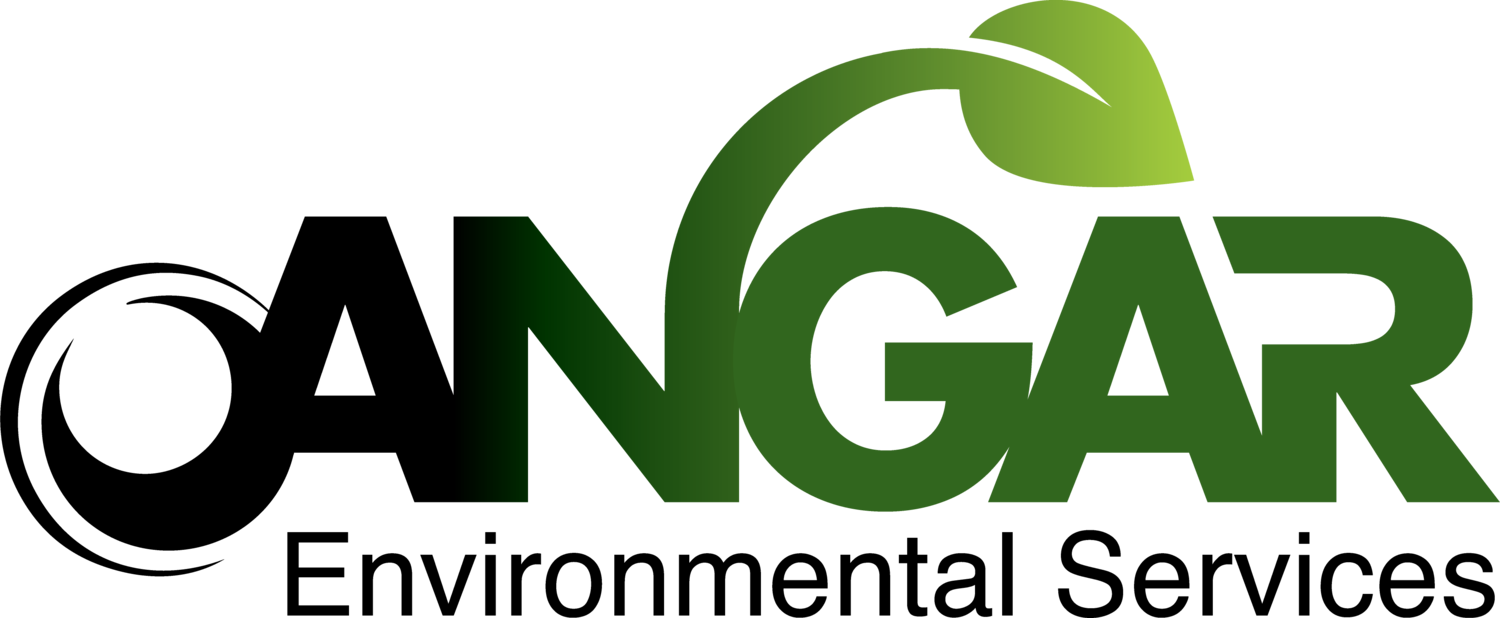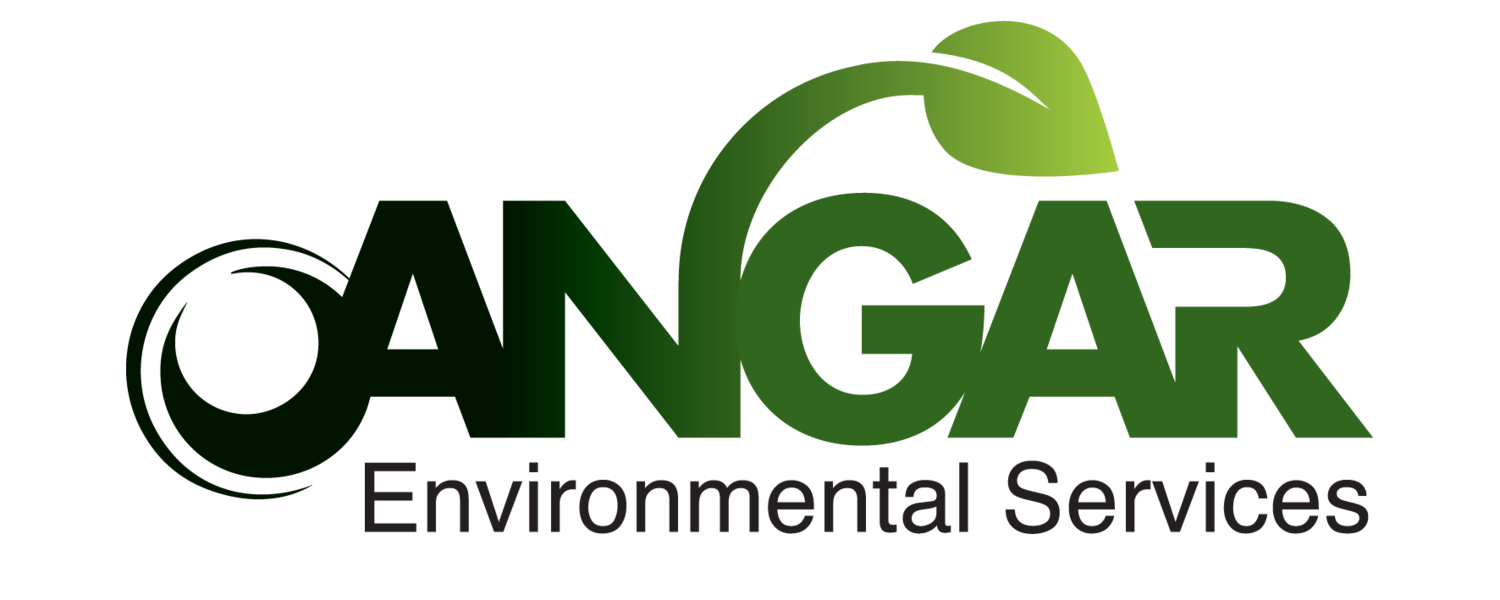Frequently Asked Questions
What capacity do your bins hold?
Our Slurry bins have a capacity for 12 tonnes of waste, equivalent to 10 cubic meters. In contrast, our range of open-top bins varies in size, starting from 6 cubic metres and extending up to 30 cubic metres.
What benefits do hook bins offer for the completion of NDD works on a site?
Implementing our slurry bins directly at your site significantly boosts productivity. This setup allows your Non-Destructive Digging (NDD) trucks and drilling rigs to remain onsite, facilitating continuous work. With onsite tipping, the efficiency gain is evident, as it reduces the need for trucks to be in transit for offsite tip-offs, keeping the focus on onsite task completion.
What are your weight limits for hook trucks and bin combinations?
A single hook truck can transport up to 12 tonnes of waste. In comparison, a truck and trailer combination can handle a larger capacity, accommodating up to 21 tonnes of waste.
What recycled products do you sell to the market?
We provide a diverse range of products to the market, including:
50/20mm Washed Aggregates
14 - 10mm Concrete Aggregates
Budget Soil
Capping Type A Fill Material
Concrete Sand
Premium Soil
7/4mm Washed Aggregates
20mm Class 3 Crushed Concrete
20mm Class 3 Crushed Rock (CI3CR)
20mm Class 4 Crushed Rock (CI4CR)
20mm NDCR
What areas do you service?
Angar offers its services across a diverse array of locations throughout Victoria, catering to a wide geographical area.
How quickly can you provide support?
Typically, services can be provided with a notice period of 12 to 24 hours.
Do you do long term hire?
Indeed, we offer long-term hire solutions that are customised to meet the specific needs of your project. To discover the most suitable option for your unique requirements, we invite you to contact our operations team.
Do you remove asbestos?
Angar does not engage in asbestos removal activities. Nonetheless, we are fully licensed to offer asbestos transportation services. Should you need the safe and compliant transport of asbestos materials, our team is well-equipped and certified to handle your requirements.
Does your plant accept contaminated waste?
Our recycling plant located in Keilor East exclusively accepts clean fill. Additionally, we maintain strong partnerships with multiple recycling facilities across Victoria. These collaborations enable us to foster a circular economy and establish a closed-loop system, ensuring efficient and sustainable waste management.
Do you do dry hire?
Angar does not provide dry hire services for any of its equipment, with the exception of specific instances that may be arranged under certain conditions.
Do you offer short term hire?
Indeed, Angar offers short-term hire options at competitive rates. Whether your project necessitates a brief rental of equipment or specialized waste management solutions for a short period, we encourage you to reach out to our team for a detailed discussion.
Do you sell your bins?
We do not sell our bins, as our primary focus is on delivering dependable waste management solutions via our rental services.
What approved EPA Codes do Angar have?
A100: Cyanide-containing waste resulting from surface treatment of metals and plastics.
B100: Acids in a solid form or acidic solutions with pH value 4 or less.
C100: Alkaline solids or alkaline solutions with pH value of 10 or more, including caustic soda, alkaline cleaners and waste lime.
D140: Chromium compounds including hexavalent and trivalent.
D190: Copper compounds.
D200: Cobalt and cobalt compounds.
D230: Zinc compounds.
D240: Selenium and selenium compounds.
D300: Non-toxic salts including sodium chloride, calcium chloride.
D350: Chlorates
D390: Barium compounds (excluding barium sulfate).
D400: Smelter waste containing hazardous substances.
F100: Aqueous-based wastes from the production, formulation and use of paints, lacquers, varnish, inks, dyes and pigments.
F110: Aqueous-based wastes from the production, formulation and use of resins, latex, plasticisers, glues and adhesives.
F120: Solvent-based wastes from the production, formulation and use of paints, lacquers, varnish, inks, dyes and pigments.
F130: Solvent-based wastes from the production, formulation and use of resins, latex, plasticisers, glues and adhesives.
G100: Ethers and highly flammable hydrocarbons, including petrol and jet fuel.
G110: Organic solvents excluding halogenated solvents.
G150: Halogenated organic solvents.
G160: Wastes from the production, formulation and use of organic solvents,
H100: Waste from the production, formulation and use of biocides, fungicides and phytopharmaceuticals,
H110: Organophosphorus pesticides.
H120: Organo-chlorine pesticides.
H170: Waste from manufacture, formulation and use of wood-preserving chemicals.
J100: Waste from manufacture, formulation and use of wood-preserving chemicals.
J120: Waste oil/water, hydrocarbons/water mixtures or emulsions.
J130: Triple interceptor waste and stormwater contaminated with oil or hydrocarbon
J160: Waste tarry residues arising from refining, distillation, and any pyrolytic treatment.
J170: Used oil filters.
K100: Animal effluent and residues, including abattoir wastes and other wastes from animal processing.
K140: Tannery wastes (not containing chromium).
K190: Wool scouring wastes.
K400-H: Treated sewage solids and sludge
L100: Car and truck wash waters.
L200-H: Industrial wastewater (excluding sewage)
M100: Solvents, oils and materials contaminated with poly-chlorinated biphenyls at a concentration of 50 mg per kg or greater.
M120: Solvents, oils and materials contaminated with poly-chlorinated biphenyls at a concentration greater than 2 mg per kilogram and up to 50 mg per kilogram.
M160: Organo halogen compounds
M210: Cyanides (organic).
M220: Isocyanate compounds.
M260: Highly odorous organic chemicals (including mercaptans and acrylates).
M270: Per- and poly-fluoroalkyl substances (PFAS) contaminated materials, including soil and waste PFAS-containing products and contaminated containers.
N100: Rigid steel or plastic containers with an original volume less than 200 litres contaminated with RPW (transport).
N105: Rigid steel or plastic containers with an original volume equal to or greater than 200 litres contaminated with RPW (transport).
N110: Bags or containers contaminated with RPW (transport)
N120: Soil that has contaminant concentrations exceeding the upper limits for fill material contaminant concentrations specified in the Waste Disposal Categories—Characteristics and Thresholds or contains asbestos.
N130: Spent catalysts not otherwise specified in this schedule.
N140: Fire debris and fire wash waters
N150: Fly ash.
N160: Encapsulated, chemically fixed, solidified or polymerised hazardous wastes.
N190: Filter cake contaminated with residues of hazardous substances.
N205: Residues from industrial waste treatment/disposal operations, including digestate, bottom ash and char.
N210: Residue from pollution control operations, including baghouse dust and activated carbon.
N220: Waste asbestos.
N230: Ceramic-based fibres with physico-chemical characteristics similar to those of asbestos.
N250: Absorbents contaminated with residues of hazardous substances.
R120: Waste from the use of pharmaceutical products,
R130: Cytotoxic substances
R140: Waste from the production of pharmaceutical products and cosmetics
T100: Waste chemical substances arising from laboratories, research and development, or teaching activities.
T120: Waste from the production, formulation and use of photographic chemicals and processing materials
T130-H: Sludges or slurries, including drilling muds, containing hazardous substances.
T130-NH: Sludges or slurries, including drilling muds,
T330: Leachate from waste treatment/disposal operations.
T340: Quarantine and biosecurity waste.

